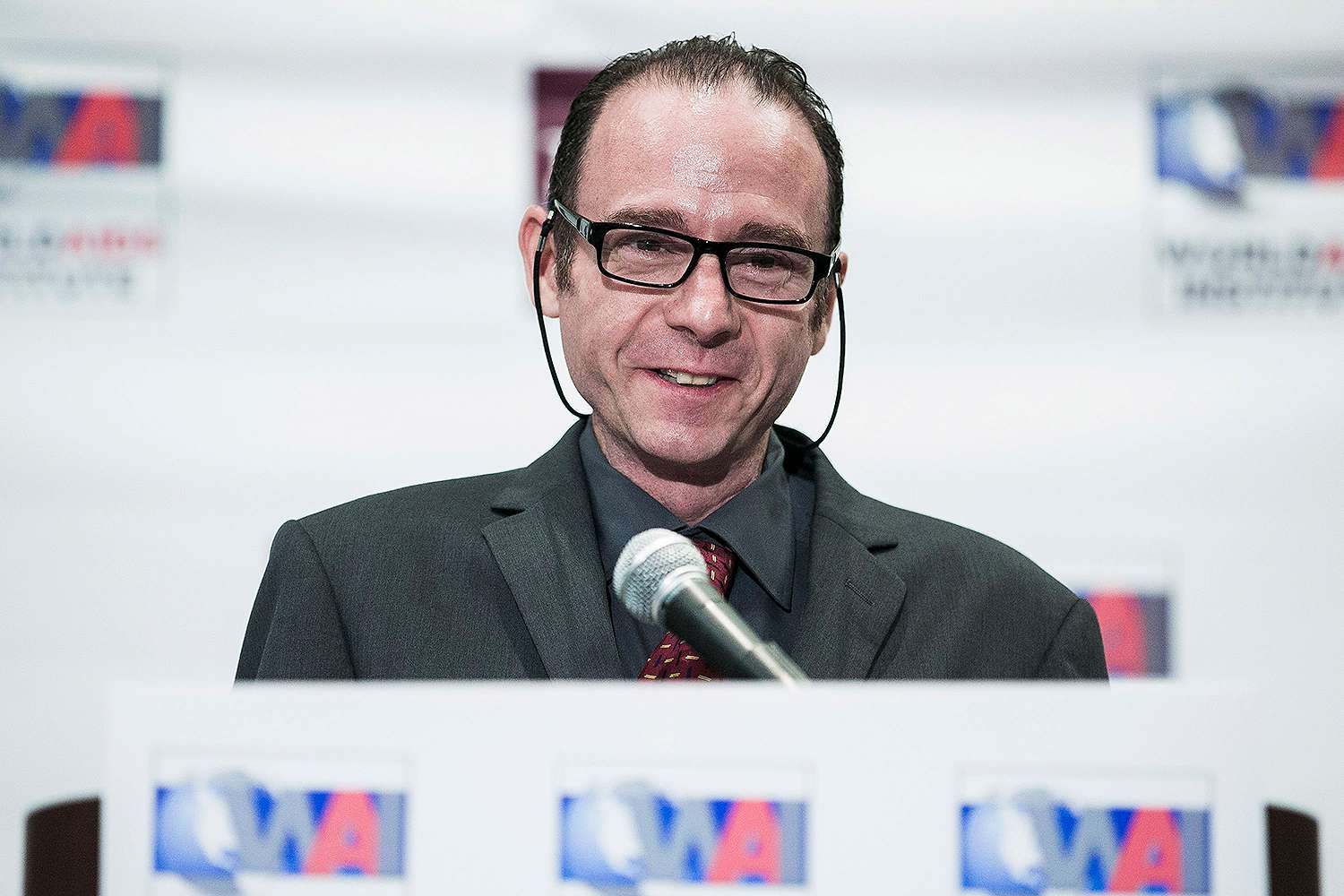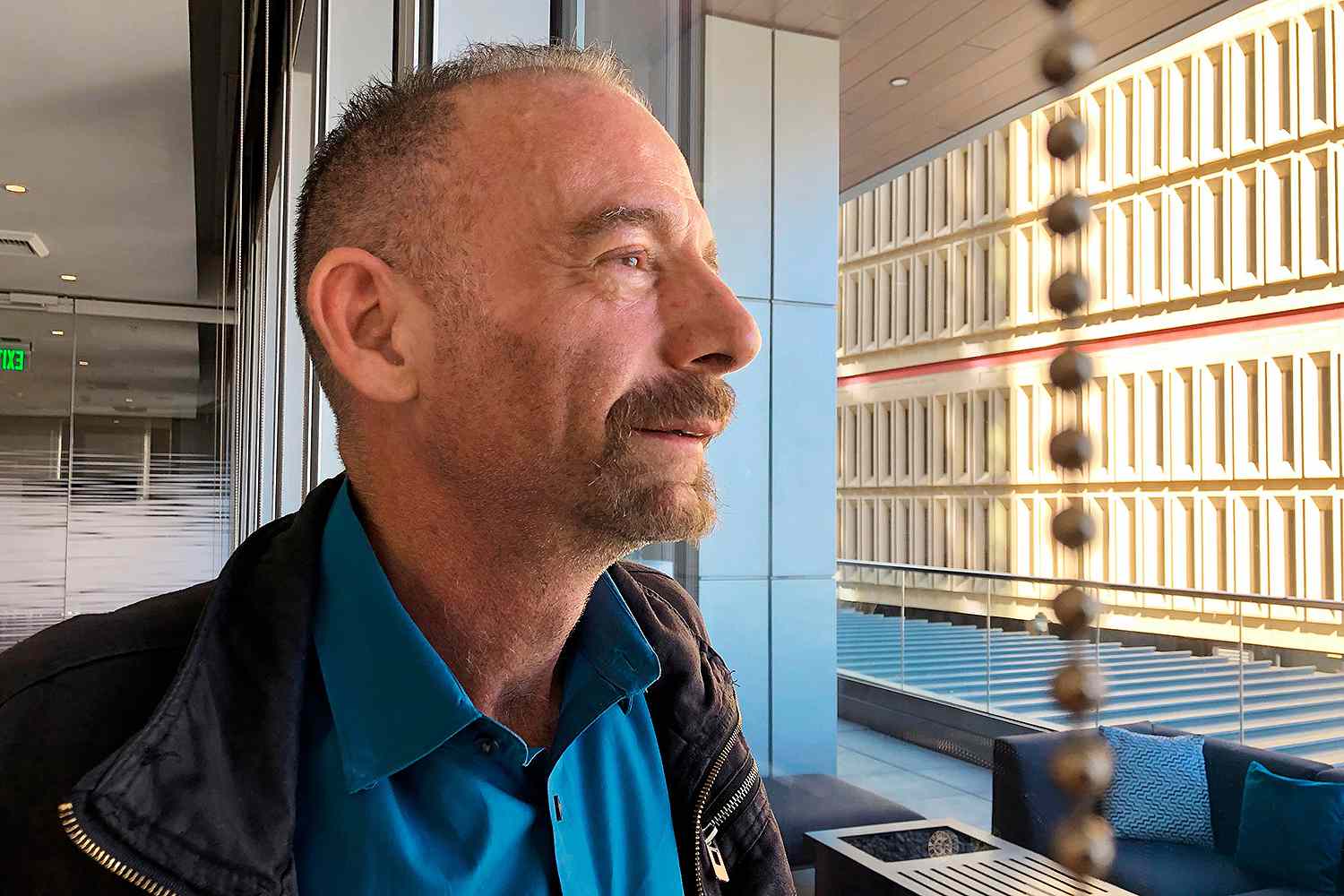
Timothy Ray Brown, the first patient known to have been cured of an HIV infection, has died from cancer.
Brown, 54, died at home in Palm Springs, California, his partner Tim Hoeffgen said, according to the Associated Press. Widely known as "the Berlin patient," Brown had leukemia and underwent two risky bone marrow transplants in Berlin in 2007 and 2008, which rid him of the cancer and of HIV, the virus that causes AIDS.
The International AIDS Society confirmed the news, stating that Brown's cancer reoccured, though his HIV remained gone.
"On behalf of all its members and the Governing Council, the IAS sends its condolences to Timothy’s partner, Tim, and his family and friends,” Adeeba Kamarulzaman, president of the IAS and professor of medicine and infectious diseases at the University of Malaya, said in a statement.
"We owe Timothy and his doctor, Gero Hütter, a great deal of gratitude for opening the door for scientists to explore the concept that a cure for HIV is possible."
Hütter, the German hemotologist who treated Brown, said "it's a very sad situation" that Brown's cancer resurfaced, according to the AP, adding that "Timothy symbolized that it is possible, under special circumstances" to cure HIV.

Never miss a story — sign up for PEOPLE's free daily newsletter to stay up-to-date on the best of what PEOPLE has to offer, from juicy celebrity news to compelling human interest stories
According to the IAS, Brown stopped antiretroviral therapy (ART) shortly after the bone marrow transplant in 2008, but "remained free of any detectable virus."
"In other words, he was cured," said IAS. "His experience suggested that HIV might one day be curable. This fueled a range of efforts by researchers and institutions focusing on HIV cure research."
Sharon Lewin, president-elect of the IAS and director of the Doherty Institute in Melbourne, Australia, said Brown was "a champion and advocate for keeping an HIV cure on the political and scientific agenda."
"It is the hope of the scientific community that one day we can honor his legacy with a safe, cost-effective and widely accessible strategy to achieve HIV remission and cure using gene editing or techniques that boost immune control," said Lewin in a statement.
In an interview with the Associated Press last week, Brown revealed that his cancer returned last year and that he was terminally ill, receiving hospice care. “I’m still glad that I had it,” he told the outlet of the transplant. “It opened up doors that weren’t there before”
His partner Hoeffgen added last week: “He’s been like an ambassador of hope.”
Source: Read Full Article
